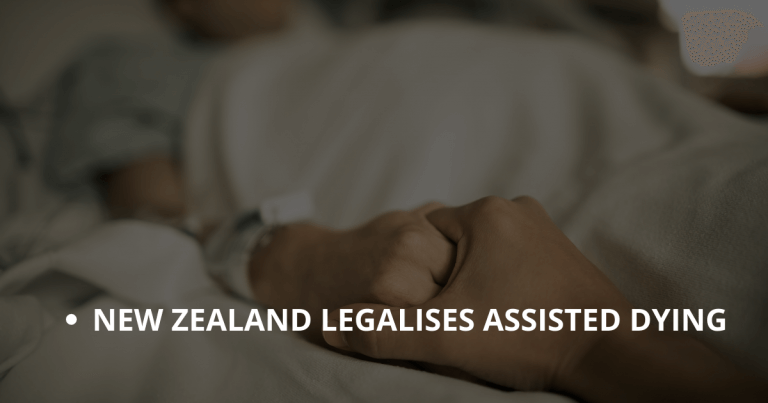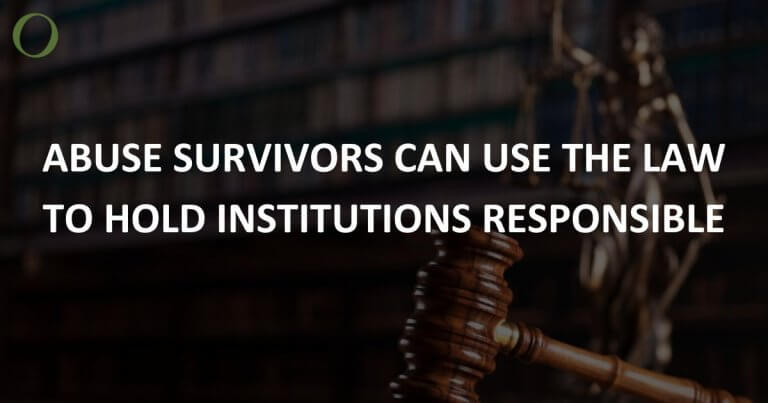New NSW bail laws commenced on 27 JUNE 2022. There are two changes that have been made to the Bail Act 2013 (NSW)
NEW Section 22B Bail Act
- You will not be granted bail if you:
- plead guilty prior to sentencing
- have been found guilty
- are convicted of a crime and will be sentenced for full time imprisonment
- Bail will not be granted unless it is established that special or exceptional circumstances.
This is as mentioned within the second reading speech: a court is not to grant bail or dispense with bail, including in the course of considering a detention application, during the period following conviction and before sentencing for an offence for which an offender will be sentenced to full‑time detention
NEW Section 30A Bail Act
This new provision provides that any electronic monitoring if required “must be of a standard that at least meets any minimum standards prescribed in the regulations.”
There has always been electronic monitoring as a bail condition since the early 2010s, however there was never any standard that was in legislation.
Rushed reform can be flawed reform: What critics have to say
Karly Warner, CEO of the Aboriginal Legal Service believes that the new bail laws will have have a negative impact on Aboriginal communities. She further states that, “It will result in the courts making decisions without the right information. And it will result in courts making decisions that impact disproportionally on Aboriginal men, women and children,” said Karly Warner.
The Law Society of NSW have also published a media release expressing their disappointment as “rushed reform can be flawed reform.” The Law Society are concerned about the “unintended consequences” that may summarised below:
- Before any sentencing submissions or risk assessments are done, there is now a chance of misunderstanding about whether an offender “will be” sentenced to full-time incarceration. As a result, the remand rate may rise significantly.
- Children are not excluded
- It will discourage early guilty pleas
- Increase the burden on a criminal justice system that is still dealing with COVID-19-related backlogs.
- The ability to redirect offenders into treatment or rehabilitation programmes who have not committed the significant crimes that should result in a refusal of bail post-conviction may be severely affected.
Implications for lawyers
Barristers Nicholas Broadbent, who is from the Public Defenders Chambers, and Rose Khalilizadeh from Forbes Chambers express the implications for lawyers as mentioned within their preliminary paper which was in response to the new changes.
- ‘The critical information for practising lawyers to know (and upon which to craft submissions) is whether the Court has reached the requisite state of satisfaction about a number of jurisdictional facts which are required to enliven the restriction under s 22B of the Bail Act 2013.’
- If there are special or exceptional circumstances justifying the bail decision in relation to a release application or detention application, bail may be granted subject to s 22B of the Bail Act
Our criminal defence solicitors regularly brief barristers from Forbes Chambers
Decision for case on bail laws give Supreme Court limited applicability
The judgement handed down by the supreme court endorses a high threshold which leaves those who are affected by the changes not as disadvantaged as first anticipated.
Director of Public Prosecutions (NSW) v Day [2022] NSWSC 938
Crime – Bail – Detention application – Application made following conviction and before sentencing – Consideration of Section 22B of the Bail Act 2013 (NSW)
Facts: On 5 July 2022, the Director of Public Prosecutions (NSW) (‘DPP’) filed a Bail Detention Application (‘the Application’) against Titus Emanuel Day (‘the Offender’) seeking to have the Supreme Court of NSW (‘the Supreme Court’) review a decision to grant bail by Gartelmann DCJ on 1 July 2022, by refusing bail.
The Offender was arraigned before a jury before the District Court of NSW on 50 counts of fraudulent embezzlement as a clerk or servant contrary to s 157 of the Crimes Act 1900 (NSW). On 30 June 2022, the jury returned verdicts of guilty on 37 of the 50 counts. The Offender had no prior criminal history and had been on conditional bail at all times since he was first charged on 1 July 2020.
In making the Application the DPP relied on the terms of s 22B of the Bail Act 2013 (NSW) (‘the Act’) which had come into effect on 27 June 2022. The DPP submitted, by reference to s 22B(1) of the Act, that the Supreme Court should be persuaded that the Offender “will be sentenced to full-time imprisonment”.
Also of importance in this case was s 18(i1) of the Act which sets out the following matter which a court must also consider:
“if the accused person has been convicted of the offence, but not yet sentenced, the likelihood of a custodial sentence being imposed…” (emphasis added).
Issue: The Supreme Court was called upon to decide if the Offender “will be sentenced to full-time imprisonment”. It was not called upon to determine if the Offender may be so sentenced, nor whether they might be so sentenced. Nor was it called upon to determine that a sentence of full-time imprisonment will on the balance of probabilities be imposed.
Decision: The Supreme Court was not satisfied that there was no other sentencing alternative available to the Judge other than full-time imprisonment; nor that there was no other sentencing alternative which would lawfully be open to the sentencing Judge.
Principle: Persuasion on the balance of probabilities that there is a high likelihood of a sentence of the requisite kind being imposed on the Offender is not sufficient to satisfy the qualification required for an offence to fall within s 22B(1) of the Act because it is not the equivalent of a conclusion that the Offender “will be sentenced to full-time imprisonment”.
Contact our bail lawyers today if you need clarification.

Nicole Byrne
Content Creator | Media Coordinator
O'Brien Criminal & Civil Solicitors
www.obriensolicitors.com.au






